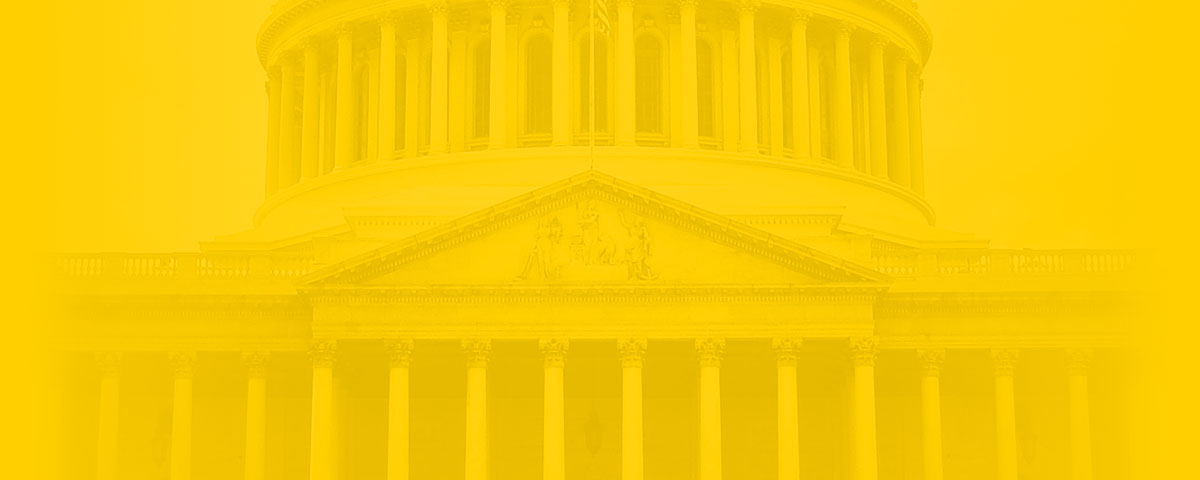The Tyler Clementi Higher Education Anti-Harassment Act offers pending federal protections for college students against bullying while the Safe Schools Improvement Act would give the same protections for students in K – 12 education. Both bills have been presented before the Congress, but are currently facing an uphill battle in a hostile legislative environment.
To get these bills passed, we need your help! Support these initiatives now by contacting your legislators directly.
Here’s how:
- Entering in your information below
- Selecting your federal representatives
- Editing your support letter by adding in your story and perspective (or sending it as is)
- Click ‘Submit’ and know that your voice against bullying will be shared with legislators, and your voice will be counted!
Want to know more about each piece of legislation? Learn more here.
Want to print and mail your support letter?
Learn more about legislative efforts to end bullying:
H.R. 1421; S. 773, The Tyler Clementi Higher Education Anti-Harassment Act
The Tyler Clementi Higher Education Anti-Harassment Act requires colleges and universities receiving federal student aid funding to enact an anti-harassment policy. Specifically, the legislation requires policies that prohibit harassment of enrolled students by other students, faculty and staff based on actual or perceived race, color, national origin, sex, disability, sexual orientation, gender identity or religion and requires colleges to distribute their anti-harassment policy to all students and employees, including prospective students and employees upon request. It also explicitly prohibits behavior often referred to as cyberbullying.
The bill creates a competitive grant program at the Department of Education in which institutions can apply for funding to initiate, expand or improve programs that prevent the harassment of students; provide counseling to victims or perpetrators; or educate or train students, faculty and staff about ways to prevent or address harassment.
S. 311, Safe Schools Improvement Act
The Safe Schools Improvement Act (SSIA) would amend the Elementary and Secondary Education Act (ESEA) to require school districts in states that receive ESEA funds to adopt codes of conduct specifically prohibiting bullying and harassment, including on the basis of race, color, national origin, sex, disability, sexual orientation, gender identity, and religion. SSIA would also require that states report data on bullying and harassment to the Department of Education. The Department of Education would then be required to provide Congress with a report on the state reported data every two years.
The Tyler Clementi Foundation supports the following legislation to end cyber-harassment:
H.R.5896, Intimate Privacy Protection Act of 2016
Sharing non-consensual photos, including “revenge pics,” has become one of the scariest and most common digital violations of personal privacy on the Internet. The practice involves posting nude photos or videos of a person online — a woman in 90 percent of cases — without their consent or knowledge, for the whole world to see. There are numerous cases of an angry ex-boyfriend publically posting a nude photo of his ex-girlfriend that was sent consensually at the time they were dating. More than half of victims have considered suicide.
Rep. Jackie Speier (D-CA14) in July introduced the Intimate Privacy Protection Act, H.R. 5896, which would make nonconsensual pornography such as “revenge porn” a federal crime. The bill, with the acronym IPPA, would make it illegal to “knowingly distribute sexually explicit material with reckless disregard for the victim’s lack of consent.” It would allow a maximum five-year sentence for the crime.
The bill carves out protections for websites that accidentally play host to such illegal content, meaning for example that Reddit wouldn’t be prosecuted if a user posts a revenge porn photograph to their website, only the user who uploaded it would be. However, it would prosecute websites that “actively promote or solicit” non-consensual pornography.
We support this bill as a long-overdue addition to the federal code. In addition to rape and sexual assault being crimes, this law would reflect the growing threat of digital privacy violation of a sexual nature. (Summary provided by GovTracks.us)

